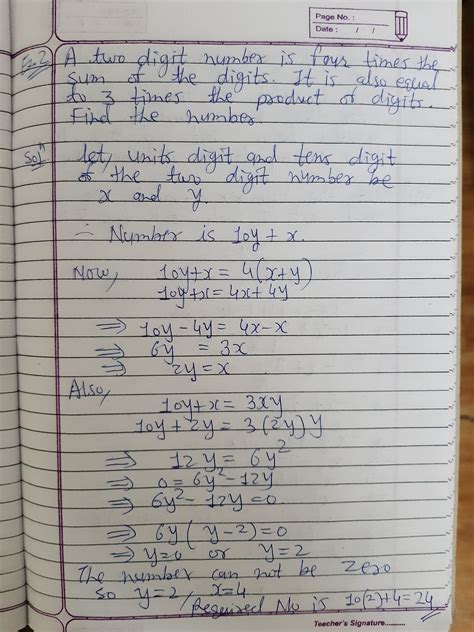10th Grade Math: What to Expect

As you start your sophomore year, you’ll venture deeper into the world of math with challenging topics that lay the foundation for advanced mathematics and real-world applications. Here’s a comprehensive overview of what math you typically take in the 10th grade.
Geometry
Geometry introduces you to the fascinating world of shapes, angles, and spatial relationships. You’ll explore:
- Properties of triangles, quadrilaterals, and circles
- Congruence and similarity
- Transformations (rotations, reflections, translations)
- Area and volume calculation
- Coordinate geometry
Key Concepts:
- Pythagorean Theorem
- Area and Circumference of Circles
- Similar Triangles
- Transformations
Algebra II
Algebra II expands on the concepts of algebra I with more advanced topics, including:
- Solving quadratic equations
- Graphing conic sections (circles, ellipses, hyperbolas)
- Functions (linear, quadratic, exponential)
- Matrices
- Probability and statistics
Key Concepts:
- Quadratic Formula
- Graphing Conic Sections
- Matrix Operations
- Probability Distributions
Math Electives
Depending on your curriculum and performance, you may have the option to choose elective math courses, such as:
- Pre-Calculus: This course prepares students for Calculus, covering advanced algebraic and trigonometric topics.
- Statistics: You’ll delve into statistical methods for data collection, analysis, and interpretation.
- Trigonometry: Focuses on the study of angles and triangles, exploring trigonometric functions (sine, cosine, tangent).
Importance of 10th Grade Math
10th grade math forms a crucial bridge between foundational math skills and advanced mathematics. It:
- Develops critical thinking and problem-solving abilities.
- Enhances spatial reasoning and geometry visualization.
- Prepares students for college-level math courses and STEM careers.
Math Career Paths
A solid foundation in 10th grade math opens up a myriad of career paths in fields such as:
- Engineering
- Architecture
- Data science
- Finance
- Computer science
Tips for Success in 10th Grade Math
- Attend class regularly and participate actively.
- Review concepts daily and seek help when needed.
- Use practice problems and study guides.
- Collaborate with classmates and form study groups.
- Don’t be afraid to ask for help from teachers or a tutor.
Additional Resources
- National Council of Teachers of Mathematics (NCTM): NCTM provides resources and guidelines for K-12 math education.
- Khan Academy: Offers free online math courses and practice exercises.
- IXL: Provides interactive math practice and personalized learning paths.
Remember, math is not just about memorizing formulas; it’s about understanding the concepts and applying them to real-life situations. Approach your 10th grade math with enthusiasm, perseverance, and a growth mindset, and you’ll conquer the challenges and pave the way for future mathematical success.
Frequently Asked Questions
- How difficult is 10th grade math? The difficulty varies depending on the specific topics and individual learning style. However, with consistent effort and support, most students can navigate the challenges successfully.
- What if I’m struggling in 10th grade math? Don’t despair! Seek support from teachers, tutors, or online resources. Practice regularly, clarify concepts you don’t understand, and don’t hesitate to ask for help.
- What are some math elective courses I can take? Common electives include Pre-Calculus, Statistics, and Trigonometry. Your school may also offer specialized courses like AP Calculus or Computer Science.
- How can I prepare for college-level math? Build a strong foundation in Algebra I, Geometry, and Algebra II. Consider taking Pre-Calculus if available. Develop strong problem-solving skills and a positive attitude towards math.
- What math careers are available? Math opens doors to a wide range of careers, including engineering, architecture, data science, finance, and computer science.












